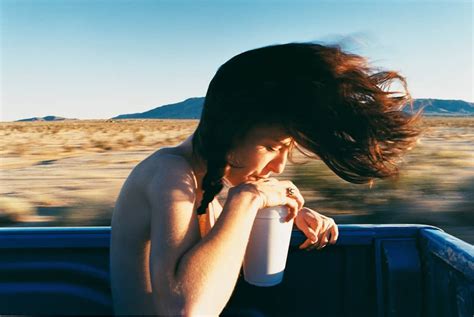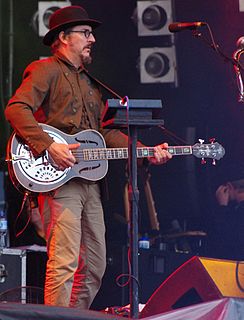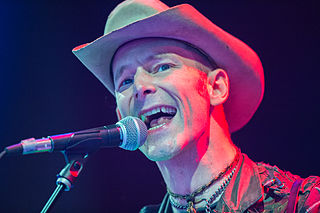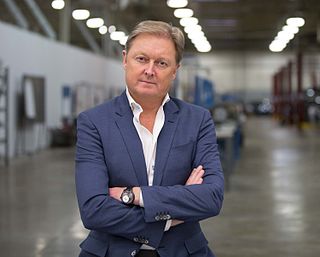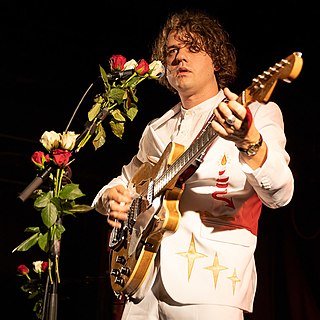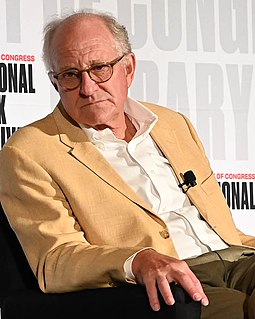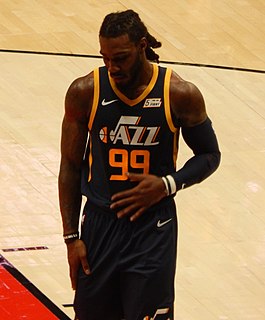A Quote by David Sanborn
I think, in a lot of ways, it's easier to play a smaller room. You can exploit the quieter dynamics you would shy away from in larger venues.
Related Quotes
I do think, in the future, headlamps are probably going to be smaller, slimmer. I also think that a lot of designers will start playing around with the daylight running lights. That gives a lot of character to the vehicles in different ways, so I think designers are going to play around with that to try and give each brand a certain DNA so you can almost recognize what car it is when you look at the headlamps.
Obviously, you can't operate a system at 100 percent capacity. You need room for growth. And because there are peak times, you need surge capacity. But it is easier to reduce and manage excess capacity in larger units than smaller, especially when you have a diversity of users who have different peak periods and different growth rates. That's why the utility model is intriguing.


